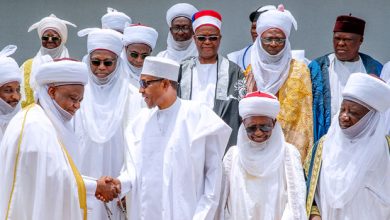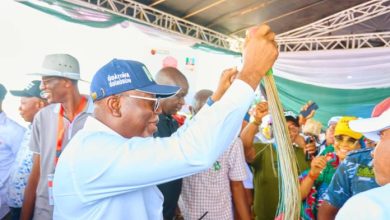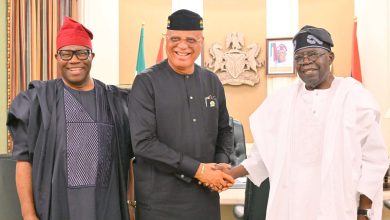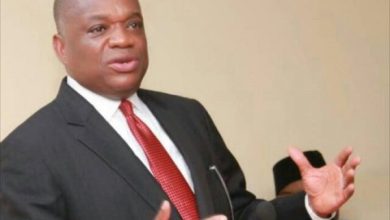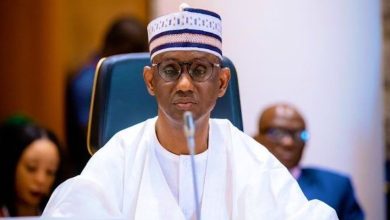PDP Crisis in Rivers: Woko and Allies Stand Firm Behind Ewor Faction Post-Court Ruling
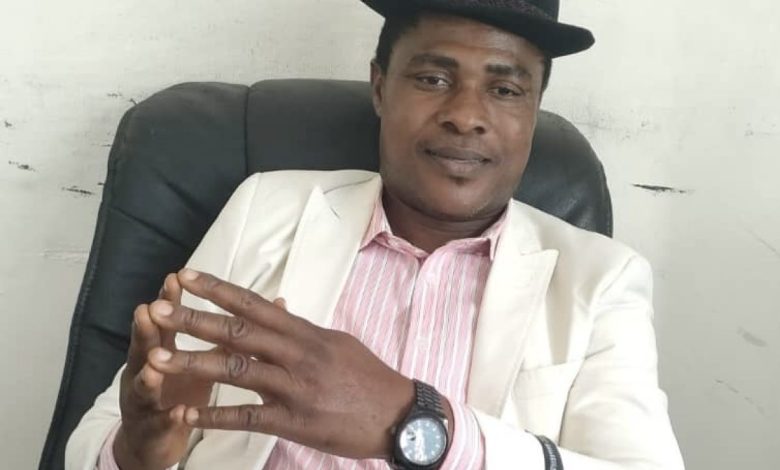
Following Monday’s court decision, the plaintiffs in the lawsuit that resulted in Aaron Chukwuemeka’s termination as the Peoples Democratic Party’s (PDP) Rivers State chairman have spoken out.
The Rivers State High Court’s ruling, which essentially ousted Chukwuemeka and other state executive officials, was praised by Edwin Woko, Nelson Dike, and two other group members.
The group voted in favor of Governor Siminalayi Fubara as the PDP’s leader in Rivers State and in favor of Acting State Chairman Nname Robinson Ewor, according to a statement released by Woko on their behalf.
The gang vowed to back the PDP, which is run by Ewor, and encouraged their supporters to follow suit.
Read Also: Nasarawa Governor Sets Up Panel to Eliminate Ghost Workers in LGs
They said they had faith that Ewor could steer the party to victory in the elections scheduled for 2027.
The court judgment that expelled Chukwuemeka and “his co-travelers” signaled the end of their “political gamble” within the PDP, the statement said, underscoring their resolve to oppose any kind of political injustice in the state.
The Rivers State High Court declared on Monday that the congresses organized by Chukwuemeka and PDP members who supported Nyesom Wike, the Minister of the Federal Capital Territory (FCT), were invalid because they were held against an existing court order that had stopped the proceedings.
Chukwuemeka and other PDP state executive members were also barred by the court from posing as the party’s state executives.

